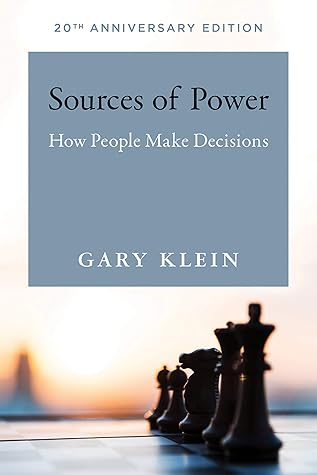During a tournament, a grand master will be working against the clock and will not be reflecting on the implications of the game. But afterward, there is time to go over the game record to look for opportunities that were missed, early signals that were not noticed, or assessments and assumptions that were incorrect. In this way, an experience (even a single game) can be recycled and reused. In many field settings where there are limited opportunities for experience, developing the discipline of reviewing the decision-making processes for each incident can be valuable.
This highlights that the value of an incident postmortem or review practice is not just to share lessons but also to actually learn from the incident yourself. The incentive to explain what happened and why forces you to investigate and develop an understanding.
So the different goals of a postmortem process are: forcing investigation to ensure available lessons are learned; share those lessons to spread them across the org; communicate internally and externally to mainatain and build trust. Distinguishing between these goals allows developing different means to address each.


